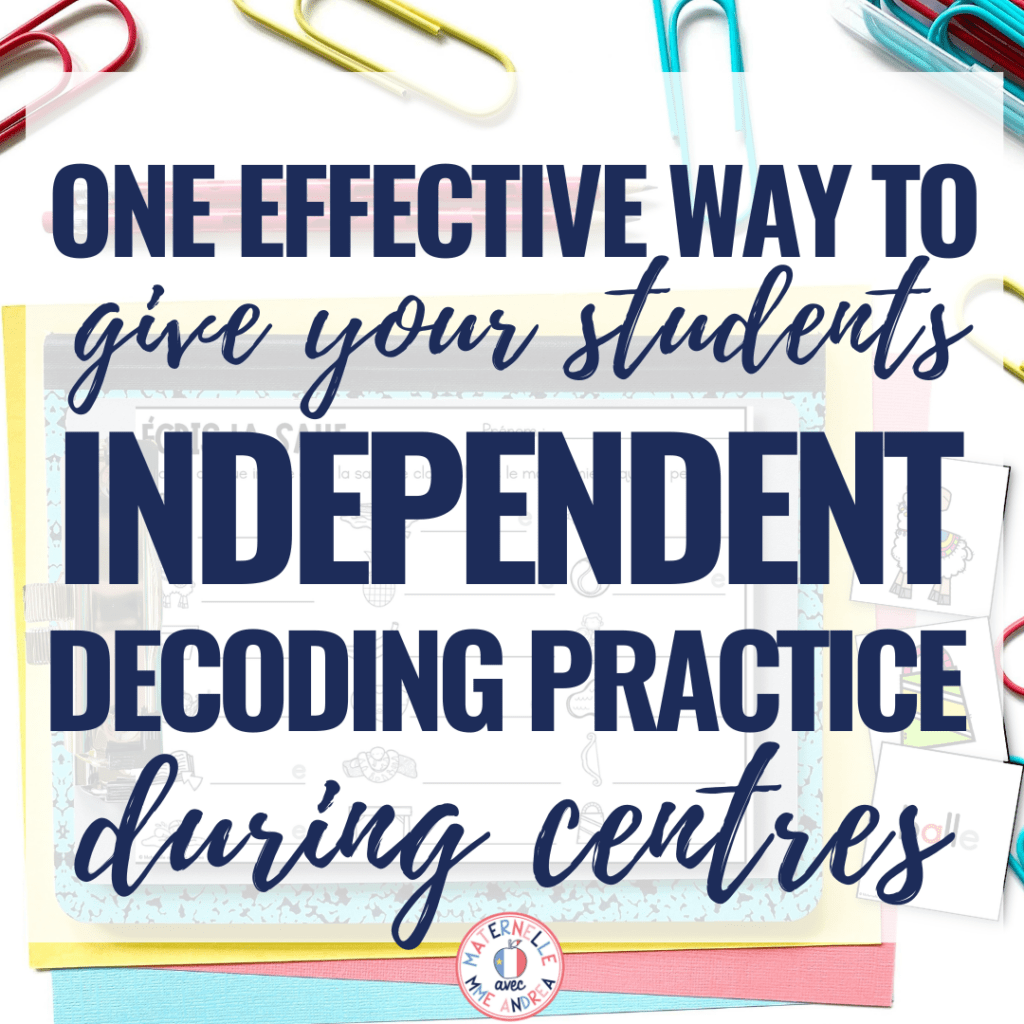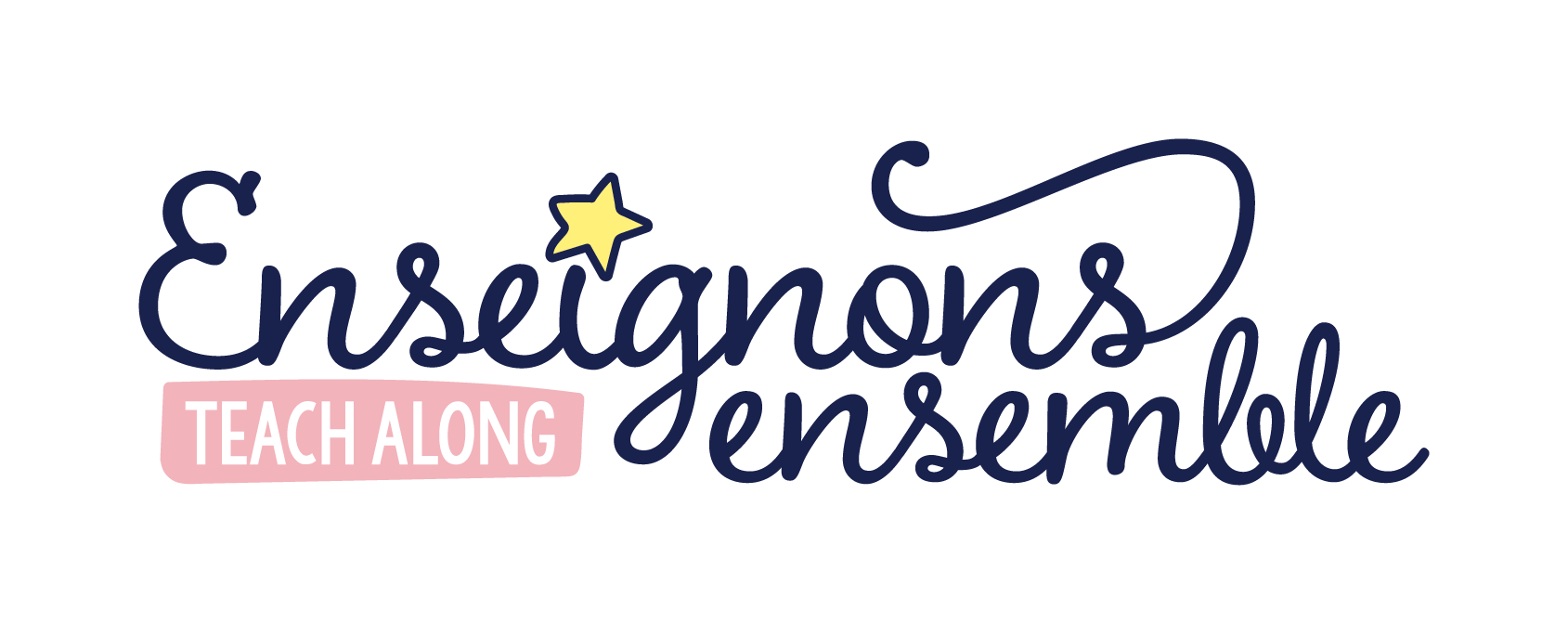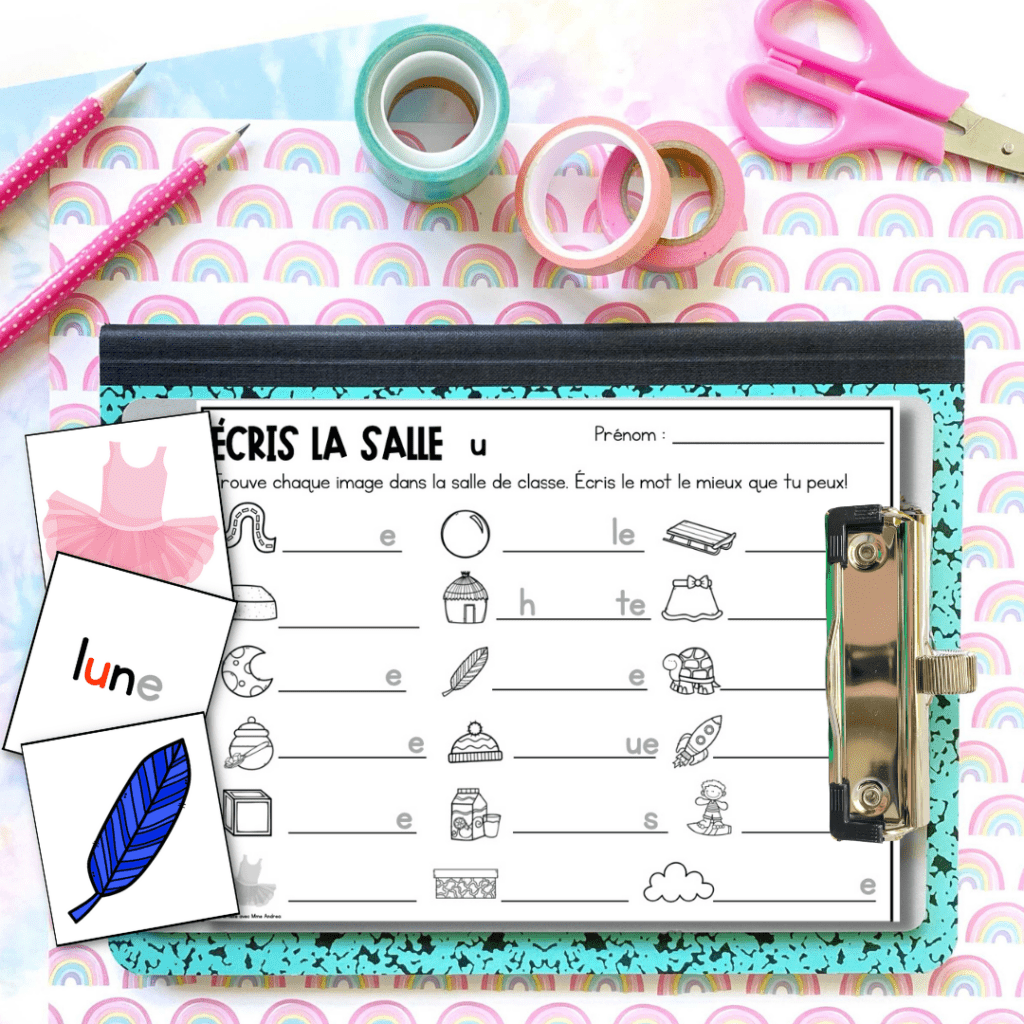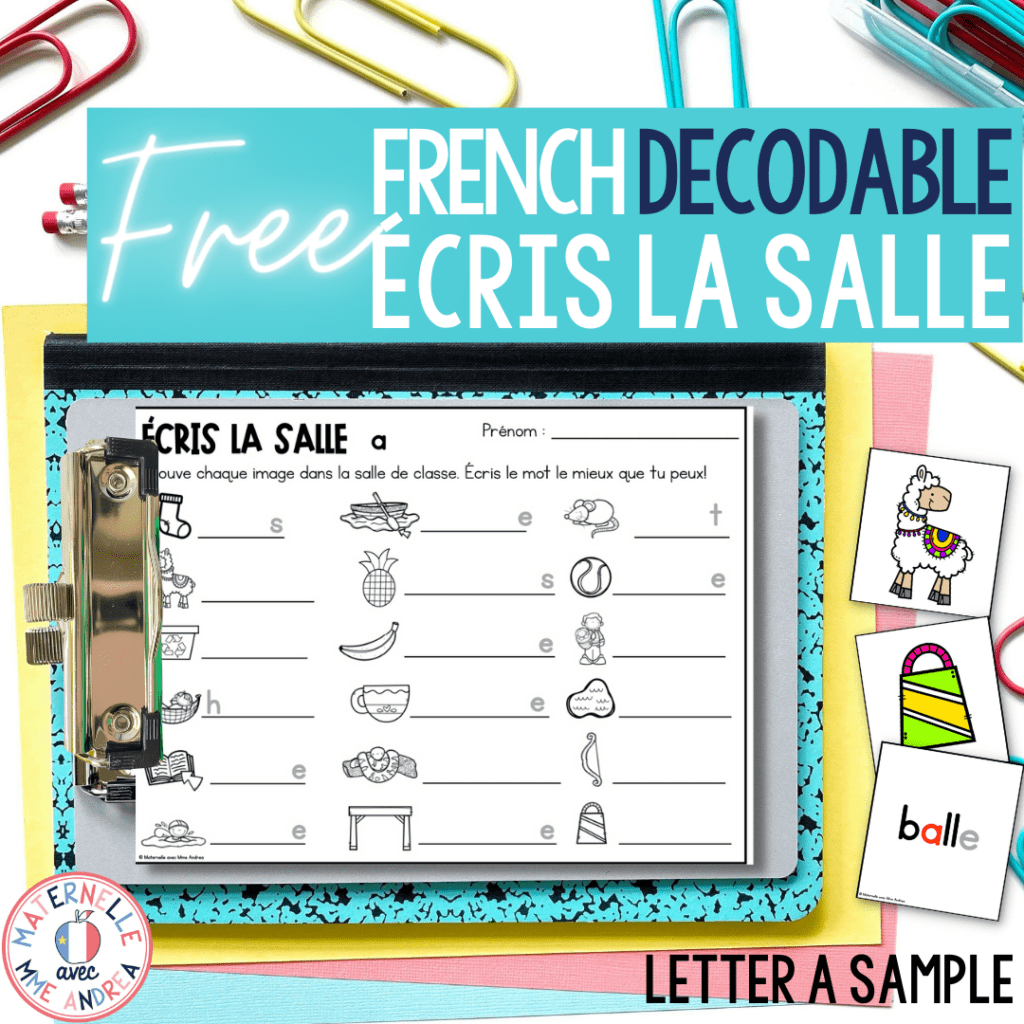I wanted to take a few moments today to talk about why giving our students the time to practice decoding words (reading sound by sound) and encoding words (writing sound by sound) is so important for primary students.
Understanding decoding and encoding helps with reading skills, phonemic awareness and written language.
Decoding allows students to break down unknown words into smaller sounds that are more recognizable. Encoding helps them build words out of smaller sounds.
Both of these give students the opportunity to practice these skills. This helps them become better readers and writers in the future!
Encoding and decoding should definitely be incorporated into literacy centres or other activities throughout the day. With the right activities, centres can be a great way for students to practice decoding and encoding based on a target sound. They can get valuable practice getting comfortable with decoding and encoding words.
But, sometimes it can be challenging to find activities that allow our students to practice these skills on their own. And, I have definitely been guilty of not always supplying centre activities that practice these key skills in the past!
For example, with one of my students’ favourite centres — Write the Room (Écris la salle).
Read on to learn more about how this centre used to look in my classroom versus how it looks now!

Écris la salle: in the past
(Firstly, if you aren’t familiar, Écris la salle is a centre where the teacher places words around the room. Using a clip board and pencil, students walk around and copy the words on their recording sheet.)
During Écris la salle in the past, I would have my students copy seasonal words. I would display words that matched the current season or holiday around the room. Students would find the matching photos on their recording sheet, and they would copy them over.
Throughout the past year, I spent time learning more about the Science of Reading. I quickly realized that while my students enjoyed this centre and it kept them busy… it was not really providing them with the opportunity to practice as many literacy skills as I wanted.
Students were practicing handwriting, but that was about it! They didn’t even know what half the words were (and they couldn’t read them). So, they weren’t really learning spelling patterns, letter sounds, vocabulary, etc.
Écris la salle: now
This year, during my literacy centres TeachAlong, I knew that I wanted to recommend Écris la salle as a centre. The only thing was, I couldn’t in good conscience recommend it until I knew I had a resource to help teachers make sure their students were practicing more skills than just handwriting!
So, I decided to test out a new version of Écris la salle with my students. This version would encourage them to decode and encode words with a target sound. I created a resource that worked on the “a” sound. I taught it to my students, and it was a huge hit!!!
Let me tell you – I was SO proud to hear them decoding the word cards, finding the matching picture on their recording sheet, and then writing the words. After they got good at decoding the word cards, I switched to displaying the image cards. Then, students would go around the room, find the cards, and practice writing the sounds they heard on the recording sheet.
My students were practicing SO many more key literacy skills than just handwriting, and I was thrilled!
I made a bundle of these resources for vowel sounds, and added them to my TeachAlong. I also made a second bundle for les sons composés.
And, now they’re also available on TPT and in my online shop!
The words included are decodable — all letters make their sounds, the target sound is in red, and any “lettres muettes” are in gray.
(Exceptions: In the Ee set, the word “chef” is included. It is the only word with a son composé in the entire bundle. In the sons composés bundle, some words do contain more than one son composé. This happens mainly for words with the “ch” sound).
All cards are included in both colour and black & white. That means that even if you don’t have a colour printer, you’ll still be able to use these! I would just suggest highlighting the target sound before you laminate.
Check out the bundles here:
If you’d like to try the resource out before committing to the bundles, click HERE and I’ll send you a sample of the letter Aa set for FREE!
Conclusion
If we want our students to be successful readers and writers, we need to remember that decoding and encoding are two key components of literacy. While your students may enjoy seasonal word activities during centres, it’s important to foster decoding and encoding skills during literacy centres, too.
Practicing reading and writing words that share a target sound can help them do this by learning spelling patterns and practicing them in a more meaningful way.
Practice with decoding and encoding can also help your students develop a deeper understanding of their own writing and reading processes.
Using both types of cards included in my Écris la salle resource will allow your students to become more confident in their literacy skills. They can learn to relate decoding to encoding — meaning they can understand how phonemes come together and form syllables, and how those syllables work together to create words.
So, when selecting activities for literacy centres, why not consider having your students practice decoding and encoding with a target sound over simply copying seasonal vocabulary? It will give them a stronger foundation for their reading and writing skills!






